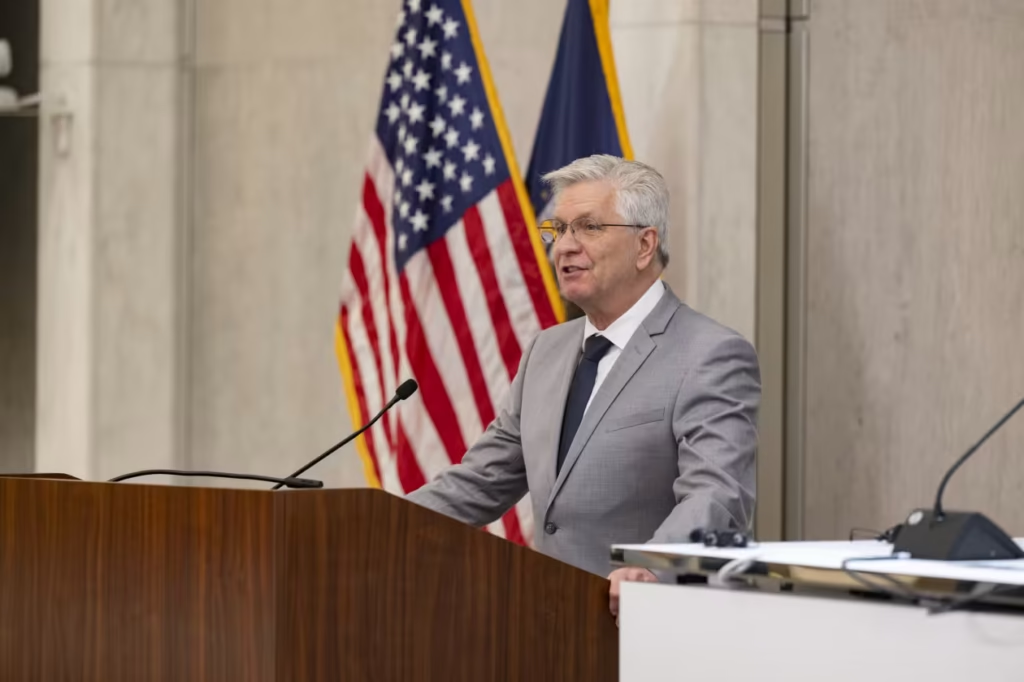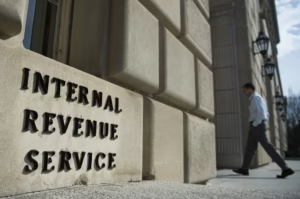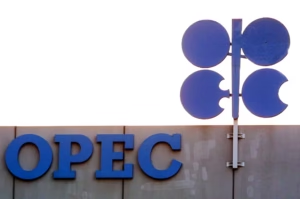According to Fed Governor Christopher Waller, recent evidence indicates that the Federal Reserve will probably be able to reduce interest rates this year.
Waller contended in a lecture Monday morning in South Korea that the Trump administration’s increased import levies would not result in sustained inflation. According to him, consumers do not appear to be concerned about rising prices, even if recent surveys indicate that they anticipate short-term inflation to be greater than 6%.
“I support looking through any tariff effects on near term-inflation when setting the policy rate,” Waller stated.
“I would be supporting ‘good news’ rate cuts later this year,” Waller stated, assuming that the job market stays strong, that the effective tariff rate settles near 10%, and that underlying inflation keeps moving closer to the Fed’s 2% target.
A “good news” rate drop allows the Fed to reduce interest rates since concerns about excessive inflation have subsided. A pronounced economic downturn would result in a “bad news” rate drop.
A 10% average tariff rate, according to Waller, would only result in “modest” employment losses for the economy.
The Fed has “additional time” before deciding to lower rates, Waller said, citing recent hard data showing a strong labor market and steadily declining inflation.
On June 17–18, the Fed will convene to determine interest rates. Derivative market traders believe the Fed will not approve a rate drop until September.
The Fed’s most steadfast advocate for easing is Waller. Given how uncertain the future is for inflation and the job market due to the Trump administration’s trade policies, the majority of Fed officials who have spoken in recent weeks have emphasized a “wait and see” approach.
Fed Chair Jerome Powell is expected to hold off on supporting rate decreases until he is certain that the prospect of increased inflation has subsided, according to economists.
Powell was once again asked to lower interest rates by President Donald Trump during a White House meeting last week.





